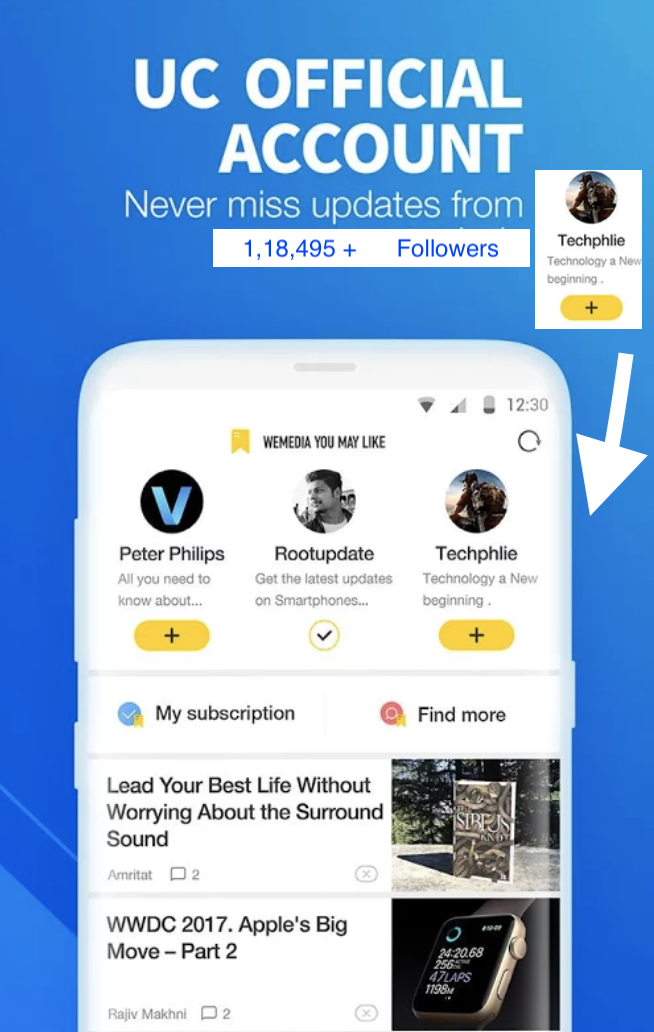Why that’s not a bad thing :"Facebook profile picture controversy"
Many made the change, some in support of Digital India and others because they found it a cool new feature that was also patriotic.
But then TheNextWeb drew everyone’s attention to the source code within that linked the picture to Internet.org.Soon, many jumped to the conclusion that Facebook is tricking users to support Internet.org, rather what has recently been re-branded as ‘Free Basics’, a service that has been the recipient of massive backlash in the country. Considering Facebook has already started its new campaign defending Internet.org and making it clear that it would continue to look for further support in India, the paranoia wasn’t entirely surprising.
After much outcry, the social networking site finally put out an official statement explaining how the new profile picture filter has nothing to do with Internet.org, and simply is a means of showing support for PM Modi’s Digital India initiative.
There is no denying that Facebook has been striving to bring its Internet.org or Free Basics to India, but it is now clear that a mere change in profile picture does not mean you’re pledging your support to it or against ‘net neutrality‘ as most of us seemed to believe.
The whole episode may seem like a case of paranoia, but there are a few lessons to be drawn. It shows that we the netizens of India now have a voice and that is being heard. Would we really blame people who saw Internet.org in the source code and vented their frustration on social media sites? After all, haven’t we been fighting for freedom of speech.
 The episode forced Facebook to issue a clarification and we also managed to send out a message loud and clear – India isn’t embracing ‘Free basics’ (at least not the ones who are aware of its implications) or giving up on net neutrality. This only proves there is a new wave of digital voices that is quite vocal when it comes to policies or rules they don’t like. There is awareness, at least to some extent. If you look at some of the most recent incidents, the government has been finally compelled to listen to the voices of dissent. The most recent case being the draft policy aimed at prescribing modes and methods of encryption in India that evoked strong responses and was finally withdrawn by the government on 22 September.
The episode forced Facebook to issue a clarification and we also managed to send out a message loud and clear – India isn’t embracing ‘Free basics’ (at least not the ones who are aware of its implications) or giving up on net neutrality. This only proves there is a new wave of digital voices that is quite vocal when it comes to policies or rules they don’t like. There is awareness, at least to some extent. If you look at some of the most recent incidents, the government has been finally compelled to listen to the voices of dissent. The most recent case being the draft policy aimed at prescribing modes and methods of encryption in India that evoked strong responses and was finally withdrawn by the government on 22 September.Yes, there will always be a group that will jump to conclusions without going very deep into the issue and there will be cases of herd mentality too. But this is still a vast improvement from a few years ago where not many of us were really communicating how we feel about digital policies directly with the government. Today, many are aware of their digital rights, privacy, security, its implications and other aspects. The entire episode involving Facebook may also be used by the government to gauge the people’s responses and consider why it should not bring Free Basics to India.
Though we may have gone overboard with this episode involving Facebook, we are finally being heard, something that was very difficult at one time. And that’s nothing to be sniffed at.
